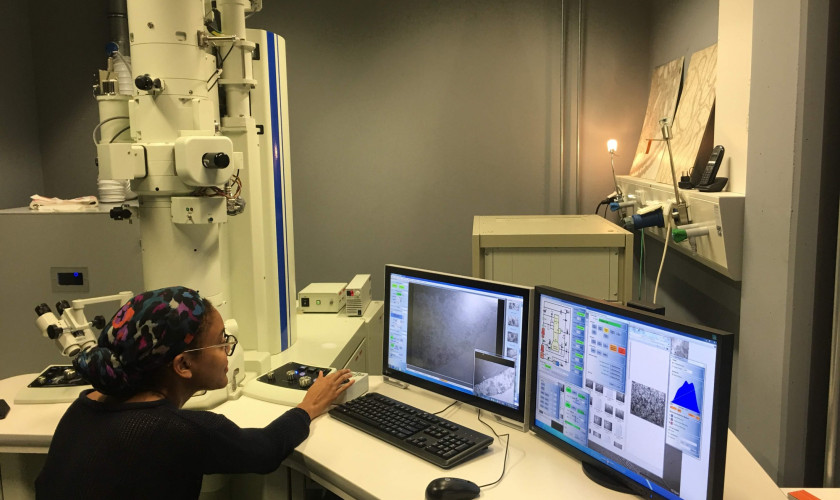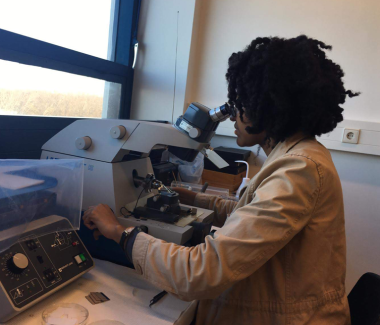The research group of Professor Spaink studies recognition of microbes by animal cells. Zebrafish is used as the major test organism as a model for the human system. We focus on the function of microbial signal molecules that play a role in innate immunity. Our major objectives are to study the way in which cells can recognize the difference between signal molecules produced by pathogens and commensal microbes.In particular, we currently focus on the function of signal recognition in the innate immune system.
Research projects:
- Analysis of the role of Toll-like receptors and downstream signalling pathways in the recognition of microbial signal molecules that regulate innate immunity.
- The function of Toll-like receptors signaling in the regulation of host metabolism.
- The project is expected to be available again per Spring 2026.
- Number of places available: variable but limited per project and per semester.
- Duration of participation in the project: minimum of 6 months.
Prerequisites
- High level undergraduate student.
- Minimum GPA 3.4
- A profound knowledge of biochemistry and molecular biology is necessary.
Faculty Department
Faculty of Science / Institute of Biology (IBL).
The Institute of Biology (IBL) brings together biologists working in many different subdisciplines (from ecology to evolutionary biology to molecular biology and metabolomics).
Research focuses on different levels, from molecule to cell, to organism to population. Studies deal with microorganisms, plants, fungi and animals (mainly insects and fish). Details can be found at the website of the IBL.




